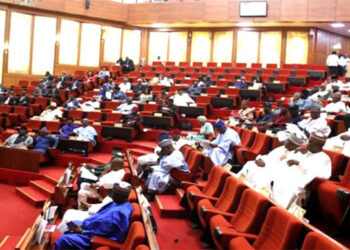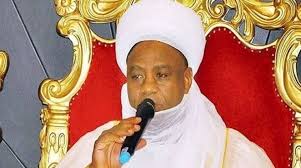By Joshua Egbodo
Abuja
Speaker of the House of Representatives, Hon. Yakubu Dogara, has called on the government of Equatorial Guinea to treat Nigerians living there, and doing legitimate businesses, with dignity.
Dogara, who stated this yesterday, while playing host to the country’s Ambassador to Nigeria, Obiang Esono Mbengono, also expressed appreciation for the long standing cordial relationship between the two countries.
“We expect that Nigerians who are legitimately living in your country, and doing legitimate businesses should be given full protection, because sometimes we hear news of mistreatment being meted to our citizens,” he said.
The Speaker said it was time also for businesses from Equatorial Guinea to come and invest in Nigeria, in view of the current government’s determination to diversify the economy, adding that Nigeria with a population of over 170 million was a nation anybody with values for commercial gains “cannot ignore.”
The Speaker who was presented with a letter from Speaker of the parliament of Equatorial Guinea pledged that he would digest the content, and make conscious efforts at enhancing the relationship between the two countries.
“Nigeria is going to play host to the sixth session of the Nigeria-Equatorial Guinea Commission, and it is my hope that we will use the forum to address outstanding MoUs for the benefit of both countries,” he said.
Earlier, in his remarks, Mr Mbengono said Nigeria was a country to draw from her experiences, and commended the manner in which the 2015 general elections were managed despite the complexes therein.
He pointed out that Nigerians were among the greatest businessmen in his country, and that the country would ensure that nothing bad happened to them in order to sustain the long-standing relationship between the two nations.
He said: “We follow happenings in Nigeria, because we are neighbours, and we are aware of the lots of challenges like terrorism. But we want to assure you that we do not see this as a Nigerian problem, we see it as a regional problem. We want to count on your experiences because the maturity in which you handle the elections in spite of the complexes is one thing to learn from.”



